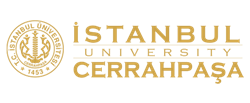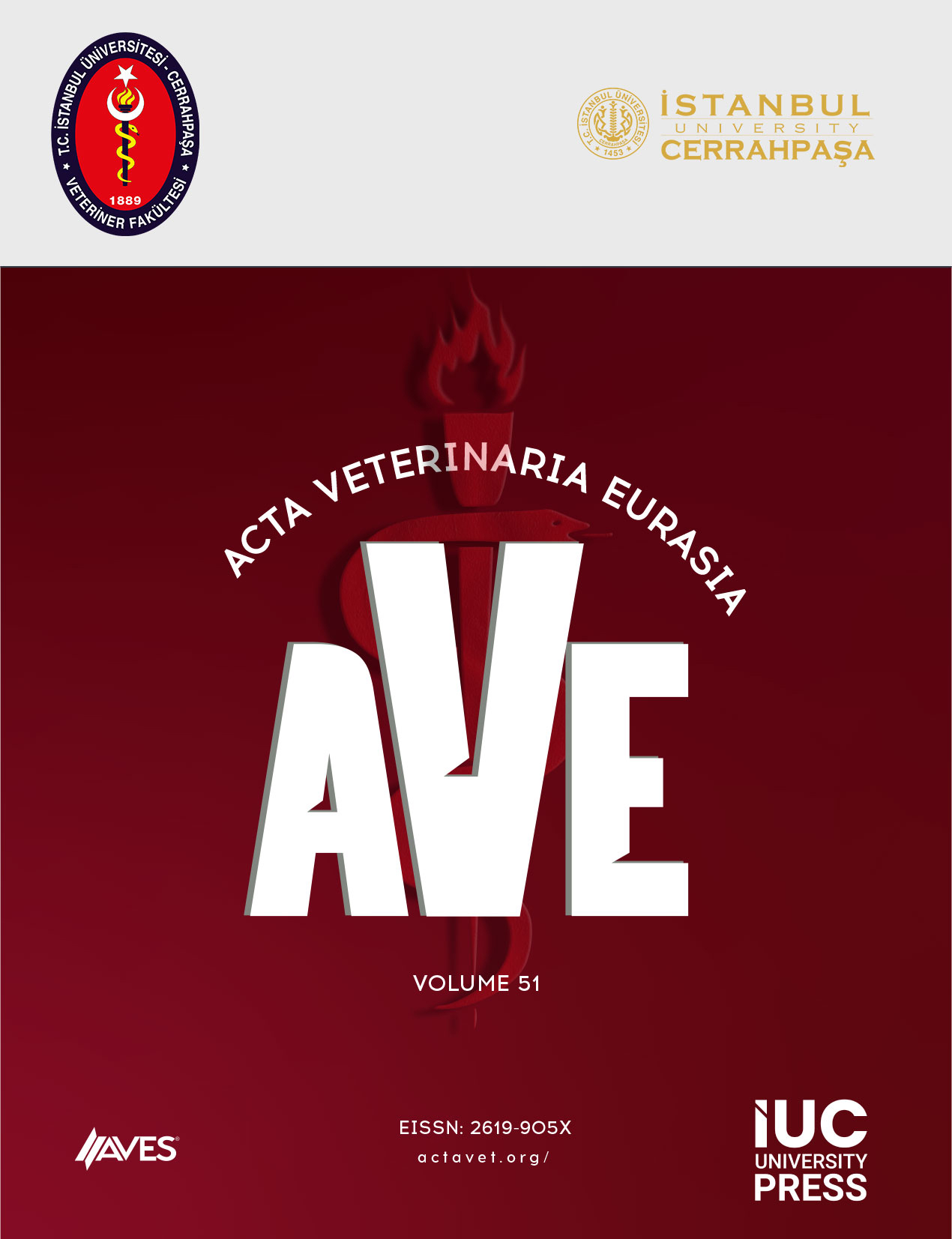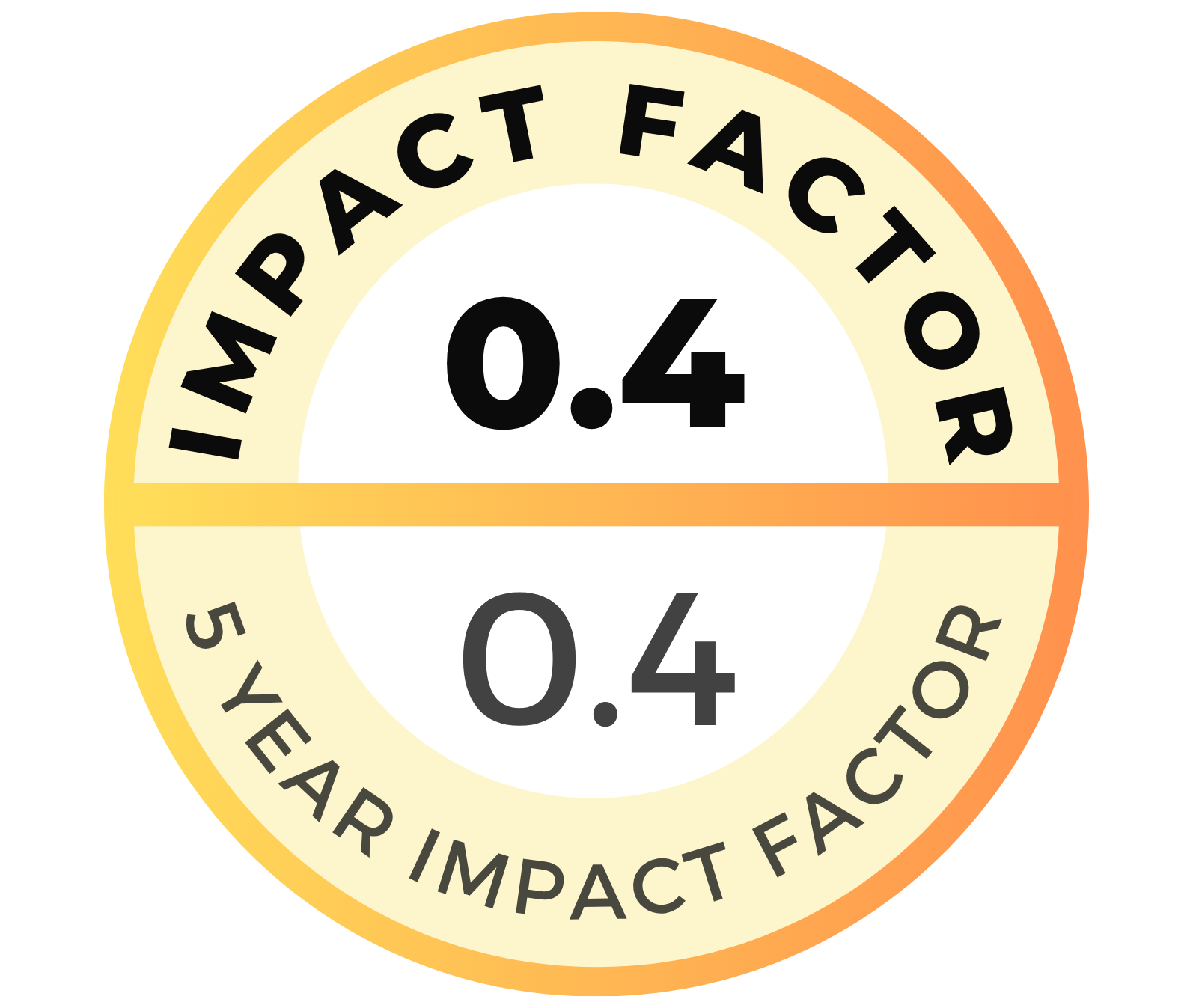The aim of the study is to detect the presence of the Salmonella species in swine with diarrhea, and to investigate their antimicrobial resistance and extended spectrum beta lactamase (ESBL) and/or AmpC β-lactamase production. For this purpose, stool samples from three commercial pig farms in Istanbul and Tekirdag were collected and processed for Salmonella isolation by culture and isolates were identified by biochemical activity tests. Salmonella isolates were confirmed by PCR then serotyped. Antimicrobial resistance and ESBL and AmpC production of the isolates were determined according to the Clinical and Laboratory Standards Institute (CLSI) standard. In the study, two hundred and thirty eight stool samples were examined. Salmonella spp. were obtained from 2 samples, and the isolation rate was determined as 0.8%. Both of the isolates were defined as Salmonella enterica subsp. enterica serovar Typhimurium (serotype 1, 4, [5], 12: I: 1, 2) by serotyping. Both of them were resistant to cefaclor, cloxacillin and lincomycin (100%). Multidrug resistance (resistance ≥3 antimicrobials) observed in all isolates. ESBL and AmpC production were not detected in any of the isolates. To our knowledge, this is the first report of the isolation of S. Typhimurium in pigs with diarrhea in Turkey. This study also represents the first report of multi-drug resistant S. Typhimurium isolates from pig stools in Turkey.





.png)